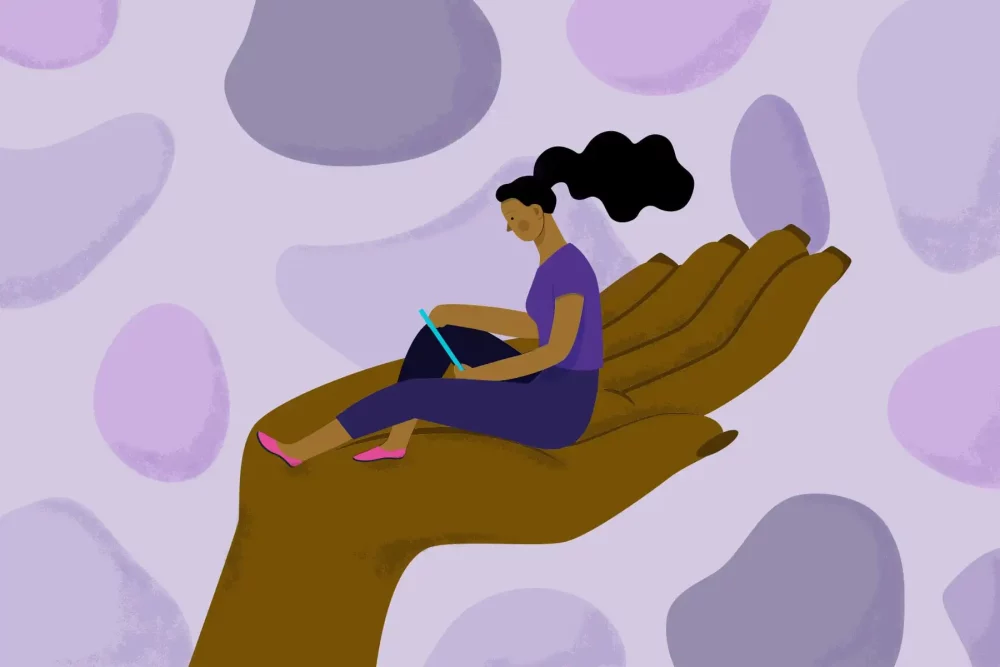How One Government Agency is Helping Strengthen Mental Health Care

Most people wouldn’t consult a government agency for mental health care.
The Employment Benefits Security Administration, an agency within the Department of Labor, seeks to change that.
EBSA educates and provides free resources for workers in the United States with health and retirement plans through their private employers. The goal is to expand knowledge about benefits so that they better understand their and their children’s rights.
This includes mental health access.
Amid a rising crisis in the United States, mental health is among the top concern for today’s parents. Four in 10 U.S. parents with children under 18 express extreme worry that their child may struggle with anxiety or depression. As children head into a new school year, it’s especially important for parents to keep watch during these transition periods.
It’s so important for parents to not only be focused on their children’s mental health and substance use disorder needs, but to think of themselves as well.
Lisa Gomez, Assistant Secretary, The Employee Benefits Security Administration
EBSA this year is strengthening its Mental Health Parity to support families in accessing care for mental health and substance use disorders. The law is that most health insurance providers must cover these benefits the same way as other physical benefits.
Lisa Gomez, the Assistant Secretary of EBSA, boiled it down to one basic concept: mental health care is health care, and it shouldn’t be harder to access one over the other.
“EBSA is really laser focused on Mental Health Parity,” Gomez said about a program that can help you and your health care beneficiaries find the best treatment options. “It shouldn’t be more difficult for someone to get access to a therapist or substance use disorder treatment than it would be for them to get a doctor’s appointment for a broken wrist.
“Unfortunately, that’s not what folks are experiencing.”
In 2021, the mental health crisis among children became so dire that it was dubbed a national emergency. In 2020, hospital visits for mental health emergencies for children between the ages of 5 and 11 rose by 24% and 31% for those 12 to 17 compared to the previous year.
“It’s really important to be connected with your child with respect to mental health and any kind of substance use disorder issues,” Gomez said, noting EBSA can help sort out complicating factors with benefits if your child is moving away for school.
EBSA aims to help families understand their healthcare. It offers a hotline with benefits advisors to assist those facing any kind of roadblocks with accessing care. People can call 866-444-3272 or visit askebsa.dol.gov to tap into these free resources.
The agency wants to affirm Americans in that it shouldn’t be challenging to access mental health care, but many people can be unsure where to turn when facing such difficulties.
EBSA has 10 regional offices and three district offices, which are connecting with community leaders in collaborative efforts to support families.
“Mental health is a critical element of everyone’s overall health and wellbeing,” Gomez said. “Here in the U.S., we are going through a crisis with mental health and substance use disorders that just got worse with the COVID-19 pandemic. This is impacting children and adults across the country and across all demographics.
“It’s just a reality that we’re all facing unfortunately.”
